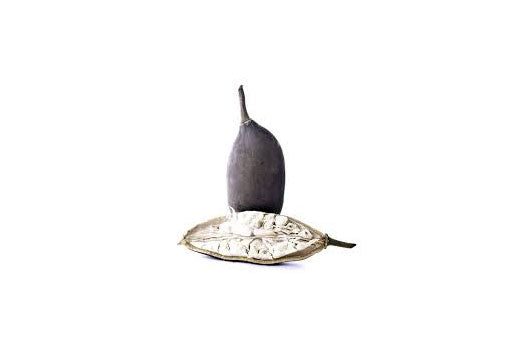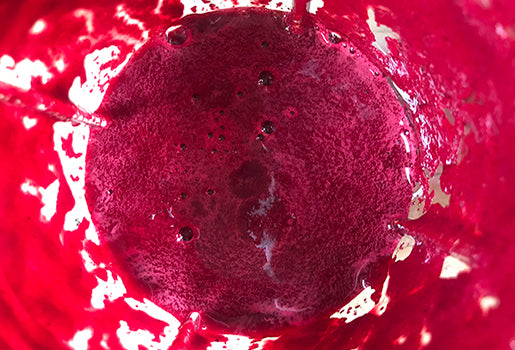Shea'ring is Caring and The Healing Power of Shea

I don't know what happened to doctors these days but one thing is for sure; they forgot all about the virtues of sharing knowledge with their patients so that they can take preventative measures to protect their own health.
Over the summer I developed a couple dry patches on my arm--I had not been using any sort of moisturizer at the time because I was experimenting with my body's reactions to various conditions. I then decided to consult a dermatologist--I ended up seeing two because of how disappointed I was with the first one. But, aside from personality difference, both visits were the same: 5 minute-visits, brief look at my patches, diagnosed me with having eczema, handed me a big blue prescription for a cortizone ointment and a generous supply of sample lotion--a lotion riddled with synthetic and potentially hazardous chemicals such as petroleum, a blood poison and prevents pores from breathing; methylparaben, a preservative generally considered safe yet more and more studies show how it links to breast cancer; phenoxyethanol, an ingredient in fragrances and a preservative that causes dermatitis and is a known toxin to our reproductive system; Sodium Lauroyl Lactylate, which breaks down cells, accelerating the aging process, a skin irritant that easily penetrates the skin and reaches internal organs, leaving behind residual levels in the heart, the liver, the lungs and the brain; and alcohol, which is ntorious for drying skin your. I wonder who these dermatologists work for!
Because eczema, a type of dermatitis (inflammation of the skin), is more of a symptom than an actual disease, it needs to be treated by addressing the underlying cause(s), which is often times a hypersensitivity to foods because of low stomach acids. Knowingly, a caring doctor, a genuine healer, would have advised me to take a look at what I was eating and eliminate foods that cause allergies. Altering your diet is the safest way to treating eczema, whereas, prescription drugs, which both doctors were eager to recommend, are very harsh on your liver. Then, asking me to relieve the discomfort of dry patches with a synthetic cream made from the above-mentioned ingredients, made it all the more evident that these dermatologists worked for pharmaceutical companies--not for us! Would it have been so hard for the dermatologists to recommend a natural cure instead of the junk they prescribed me? Would it have been so out of line for him to advise me apply something like shea on those patches?
Shea butter is a vegetable fat obtained from the shea nut Butyrospermum parkii. It contains a rich amount of plant sterols, minerals and vitamins--especially A, E and F. Shea helps soothe, hydrate and increase the elasticity of your skin while reducing the appearances of wrinkles. The fatty acids in shea help protect and revitalize your skin cells. It even helps protect against UV rays and pollution. Furthermore, it increases blood circulation, which is an important purification process. This tremendously nourishing product derives straight from nature and works wonders for dry, irritated, sensitive, chapped, fatigued, and sore skin. Shea doesn't need parabens, carbomer, Disodium EDTA (stabilizer), or phenoxyethanol. It is perfect just as it is-- straight from nature.
2 Responses
uvosiajeloni
http://slkjfdf.net/ – Oziqewi Ibuxedeka piy.pycp.thegreenworldproject.com.sjk.go http://slkjfdf.net/
Leave a comment
Comments will be approved before showing up.




evususo
May 28, 2021
http://slkjfdf.net/ – Azuzori Iuqowucu wmc.fndg.thegreenworldproject.com.lmh.qh http://slkjfdf.net/